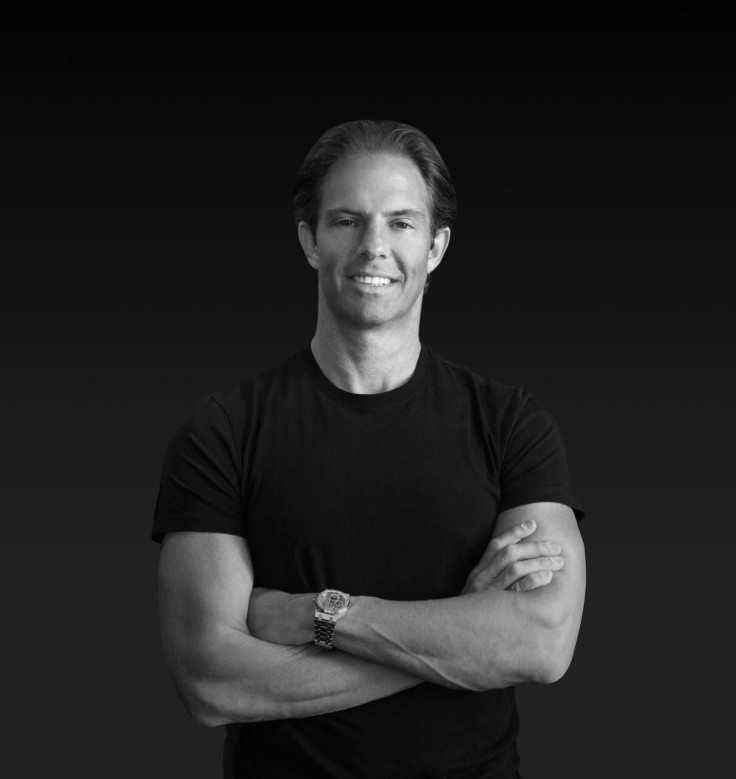“Human Nature Is to Be Together” Michael Shvo, Top Global Leaders, Discuss Post-Covid Economic Recovery

As vaccinations ramp up globally and Covid-19 infection rates appear to be in decline, top business leaders gathered for a forum at the Horasis Extraordinary Meeting’s annual conference to offer their vision for a post-Covid economy.
Gerard Baker, Editor-at-Large of the Wall Street Journal and moderator of the panel, framed the conversation around the economic outlook as parts of the economy begin to open up and social distancing eases. “We’ve done many things in the last year that many people thought we would never do,” Baker said in his introductory remarks. These changes included “not only business and working practices, but also policy and the role of government.”
“The future is not going to be what it was before,” said Lord Karan Bilimoria, President of the Confederation of British Industry. “It’s going to be a new normal. What I’ve seen in this pandemic has been compassion, what I’ve seen has been a sense of community.”
Michael Shvo, founder and CEO of the real estate investment and development firm SHVO, agreed with Bilimoria’s view on community. “Human nature is to be together . We need human interaction to flourish,” Shvo said. However, Shvo shared the perspective that this need for interaction will lead people back to pre-pandemic routines of collaboration and togetherness. “We’ve learned that we love our homes, and we’ve learned how important it is to be out of the house and to be with people,” Shvo said.
All panelists focused first on the personal and emotional toll of the pandemic, including Ibukun Awosika, Chair of the First Bank of Nigeria. “We’ve learned about empathy…the best of us can’t survive if the least of us isn’t taken care of.”
Baker reminded the panelists of the “Roaring Twenties” that followed the 1918 influenza pandemic, also known as the Spanish Flu, and pressed the panelists for their views on the speed and intensity of the economic recovery.
Shvo, whose firm made headlines by acquiring San Francisco’s Transamerica Pyramid in the largest U.S. commercial real estate deal during the pandemic, expressed his bullish view that we are already in the early stages of an economic boom: “I think we’re going to see a very strong comeback of the economy. We need to look at the most basic fact, which is the personal savings rate in the United States. If you look at numbers from 2015 and on, the personal savings rate was somewhere between seven and eight percent. In April of this year, it peaked at 33%, and the last number I’ve seen for 2021 is almost 14% in the U.S.—that’s double the average over the past decade. People want to spend money.”
While the panelists agreed that many economic indicators are positive, Awosika warned that human nature can’t be ignored. “The temptation will be there for each of us to pull back into our individual tents. We need to remember that at the end of the day we still need one another.”
The conversation broadened to consider the impact of economic growth on the social challenges the world is facing. Dambisa Moyo, a board member for 3M and Chevron, highlighted the importance of economic growth for solving major social issues, including climate change, education, and healthcare. “We need to start thinking about how we’re going to drive the process of expanding the pie.”
The panelists universally agreed that predicting a specific timeline for economic recovery and growth is impossible, but Shvo pointed to data that gives his firm confidence in the investments they’ve made in high-end residential and commercial properties in major U.S. cities, and that a focus on iconic and irreplaceable properties and locations will pay off. “There’s tremendous consumer desire to go out, go to restaurants. Maybe it’ll be the roaring 2022s. It may not happen overnight. But there will be a huge uptick in demand for everything from goods to real estate, to service and travel. Unlike previous recessions, there is plenty of consumer capital waiting to be spent.”
Baker closed the session by summarizing the “cautiously optimistic” tone that many panelists shared. “I think it’s fair to say optimism is rising rapidly,” Baker said. “We’ve acknowledged that the world has changed, but we’re not ambivalent. There’s a fair amount of optimism about the immediate and the longer-term outlook, with a dose of realism and concern about the challenges we face.”
The Content Featured In This Article Was Provided By The Brand





















